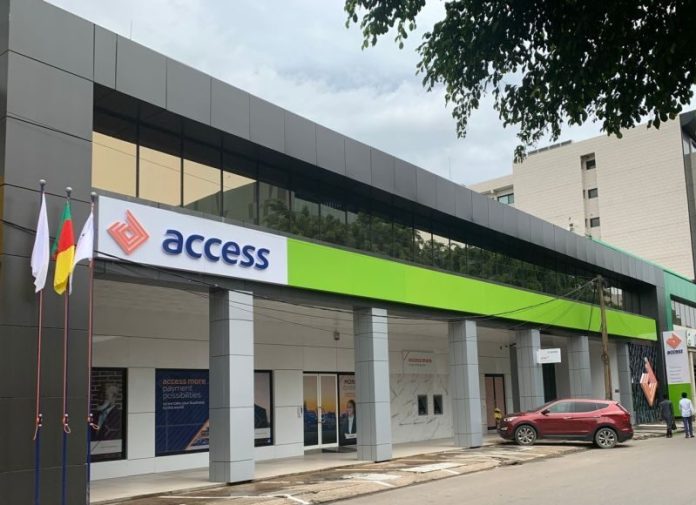Access Bank Plc, Nigeria’s largest lender by assets, is setting its sights on Morocco as part of its ambitious pan-African growth strategy. Following a record-breaking capital raise, the bank plans to strengthen its footprint in North Africa, expand its customer base, and double the share of its assets outside Nigeria by 2027. This move underscores the bank’s commitment to playing a pivotal role in Africa’s economic integration.
Access Bank has solidified its position as a leading player in Africa’s banking sector, with operations in 23 countries across the continent and beyond. The bank’s expansion is guided by a clear pan-African vision: fostering economic exchange across regions while integrating African financial systems with global networks. Recently, the bank raised 351 billion naira ($228 million) through a rights issue to bolster its capital, bringing its share capital to 600 billion naira—20% above the minimum requirement for international banks in Nigeria.
Morocco: A strategic gateway for growth
As part of its roadmap, Access Bank views Morocco as a strategic lever for regional integration. The kingdom’s unique position as a bridge between Africa, Europe, and the Middle East offers Access Bank a gateway to expand its influence in North Africa. With its robust economic dynamism, well-structured banking sector, and aspirations for deeper continental integration, Morocco represents an ideal market for the bank’s next phase of growth.
By entering Morocco, Access Bank aims not only to diversify its operations and customer base but also to achieve its goal of doubling non-Nigerian assets by 2027. This move aligns with the bank’s vision of becoming a key player in Africa’s economic development, creating synergies between different regions while promoting greater financial connectivity.
However, the bank’s approach to Morocco remains under consideration. Abdelmalek Benabdeljalil, Vice-President of BMCE Capital, explains that Access Bank could either apply directly to Morocco’s central bank for a license or acquire an existing local bank, both requiring approval from the Ministry of Finance and the central bank. He notes that this expansion reflects a broader trend of South-South cooperation, an important priority for Morocco’s economic agenda.
The bigger picture: Banking integration in Africa
Access Bank’s expansion comes amid broader conversations about financial integration on the continent, particularly in the context of the African Continental Free Trade Area (AfCFTA). This ambitious initiative, operational since January 2021, aims to create the world’s largest free trade area by number of participating countries. With a unified market of 1.2 billion people and a combined GDP of $3 trillion, the AfCFTA is a cornerstone of the African Union’s 2050 agenda.
The World Bank estimates that the AfCFTA could generate economic gains of $450 billion by 2035, with two-thirds of these benefits arising from trade facilitation measures such as streamlined customs procedures. While the agreement focuses on trade, it also opens the door to deeper economic integration, including the possibility of a unified banking system.
Morocco, South Africa, and Egypt, as some of the continent’s most advanced economies, are poised to share their expertise in building a robust banking infrastructure. By leveraging their experience, these nations could drive a transformation of Africa’s financial landscape, supporting smoother trade transactions, stronger investment flows, and greater financial stability.
The role of banks in AfCFTA’s success
For the AfCFTA to succeed, Africa’s banking sector must play a central role. Interconnecting banks across the continent would be a game-changer, facilitating seamless cross-border transactions and creating a resilient financial ecosystem. As Access Bank and other financial institutions pursue pan-African growth, they position themselves as key enablers of this transformative vision, contributing to the operationalization of the AfCFTA and laying the groundwork for a unified banking system.
With its expansion into Morocco and beyond, Access Bank is not only pursuing its growth ambitions but also contributing to the broader narrative of African economic integration. By bridging financial gaps between regions and strengthening economic ties, the bank is poised to become a cornerstone of the continent’s development story.





